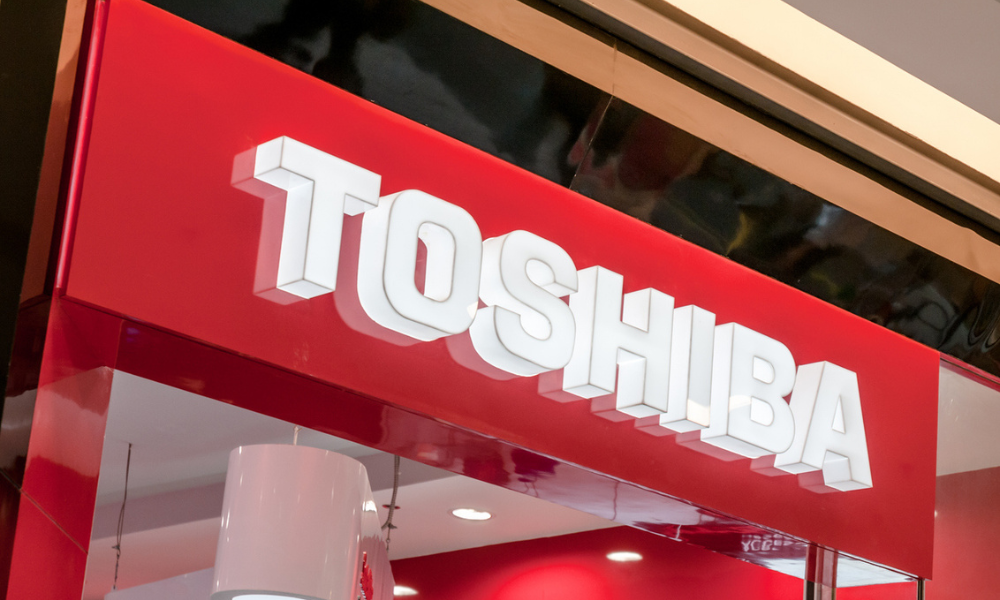Enhancing the consumer experience has become a central focus for businesses – and recruiters have had to react
Think back to 2003 when a small tech start-up launched named LinkedIn.
Growth is slow initially – some days the fledgling networking platform signs up fewer than 20 new professionals.
These days, LinkedIn has over 450 million users globally; on average, two new members join every second of every day.
Few in the recruitment industry back in 2003 could have predicted what a game-changer LinkedIn would become. Indeed, few industries can match the pace and scope of change that the recruitment industry has faced in the last decade.
Behind the change is technology and the new business models that technology has ushered in as companies try to keep up with new consumer and customer behaviours.
Enhancing the consumer and customer experience has become a central focus for businesses – and recruiters have had to react.
Is there still a role for recruiters in such an environment? Peter Wilson, CEO of Ignite (formally Clarius Group), said there unquestionably is – yet it’s a different role.
“While it has become easier for businesses to connect with their own talent, there’s still a role for recruiters to play,” he said.
“There are 6,900 recruiters in Australia and there’s a reason for that. Recruiting isn’t just about connecting a job opportunity with a potential candidate. If sourcing the right talent was merely about matching skills and experience to a role, our industry would be in dire straits.
“True recruiting requires you to have a deep understanding of the industry you’re recruiting for, an understanding of the clients’ environment, and an understanding of how a new hire can add lasting value to a client once they are recruited.”
While technology has changed the game, forcing recruiters to do more that put ‘bums on seats’, the labour force itself has also forced their hand. With the growth of the freelance – or gig – economy, the relationship between workers and businesses has shifted. This shift naturally has an impact on recruiters.
A report by The Australian Industry Group (Ai Group), The Emergence of the Gig Economy, highlights some of the key challenges facing employers when tapping into these workers.
“In response to the complexities surrounding hiring and managing freelancers, freelance management systems are predicted to become standardised,” the report stated.
“Talent should be viewed as a strategic investment and like any investment there must be a plan in place to engage and measure it to determine a path for future improvement.”
A PwC report highlighted the importance of efficient systems and processes as well as maximum operational flexibility to properly integrate freelancers into the workforce.
“The 21st century workforce will present new uncertainties to HR and business leaders. Leading companies will need to tackle these questions to make freelance work a viable long-term option.”





